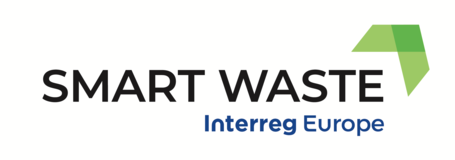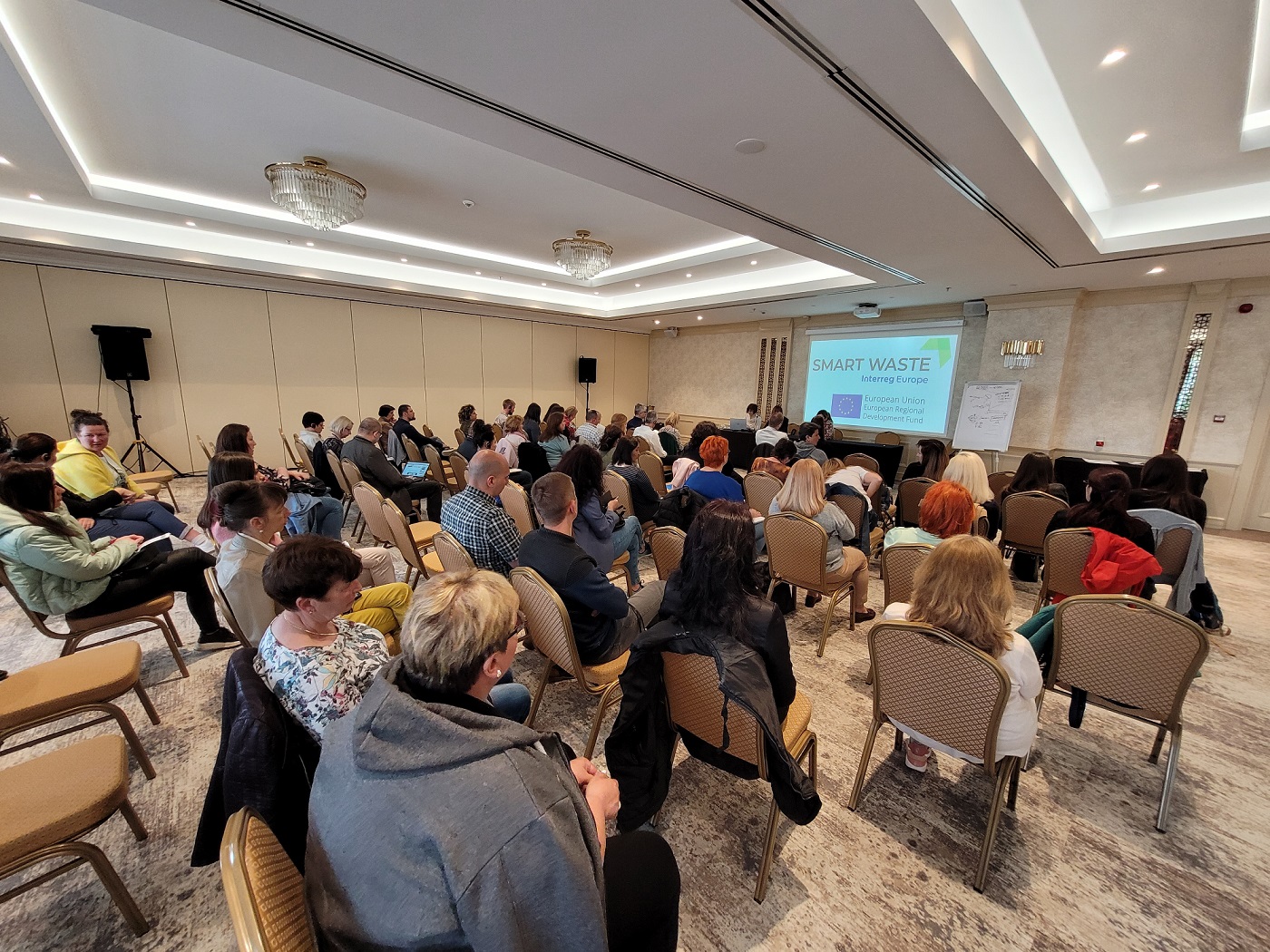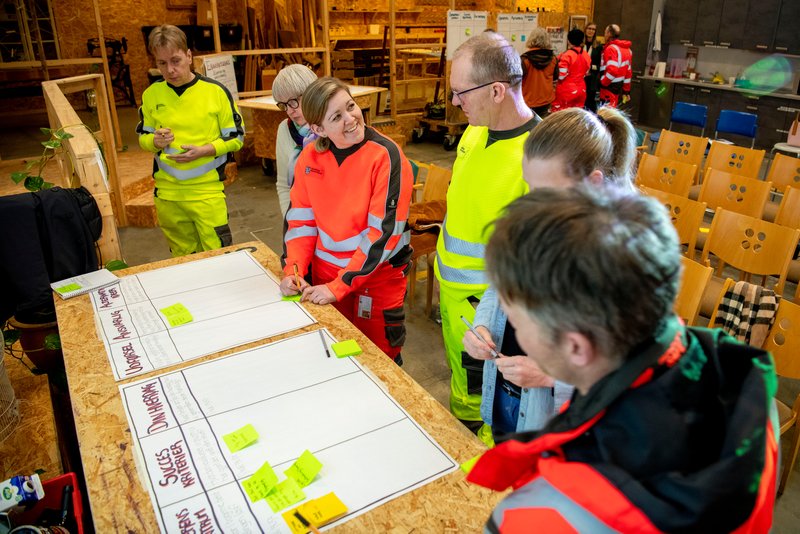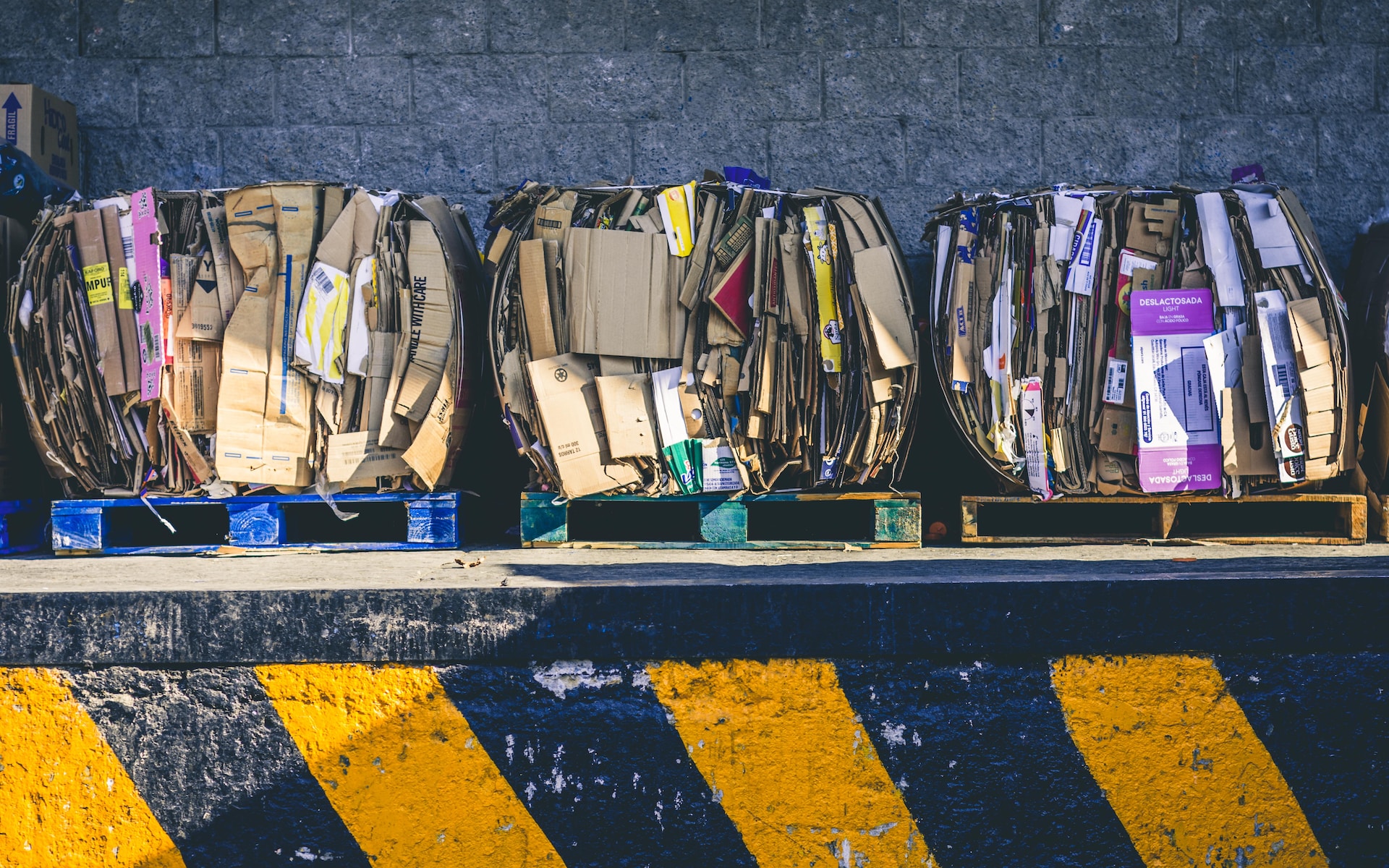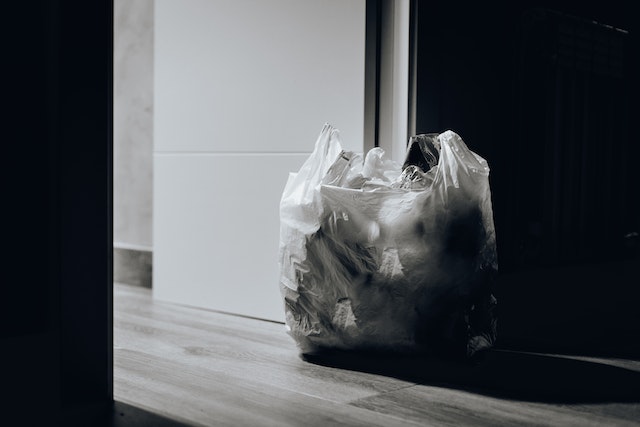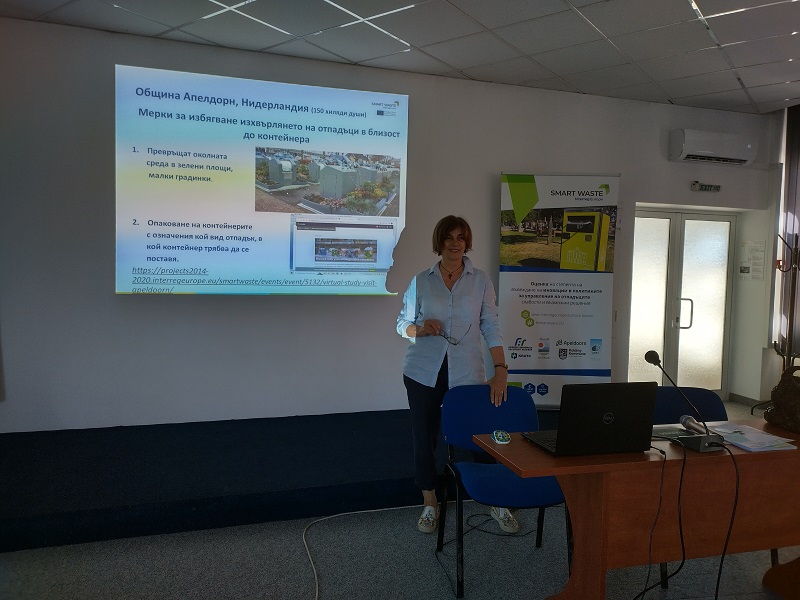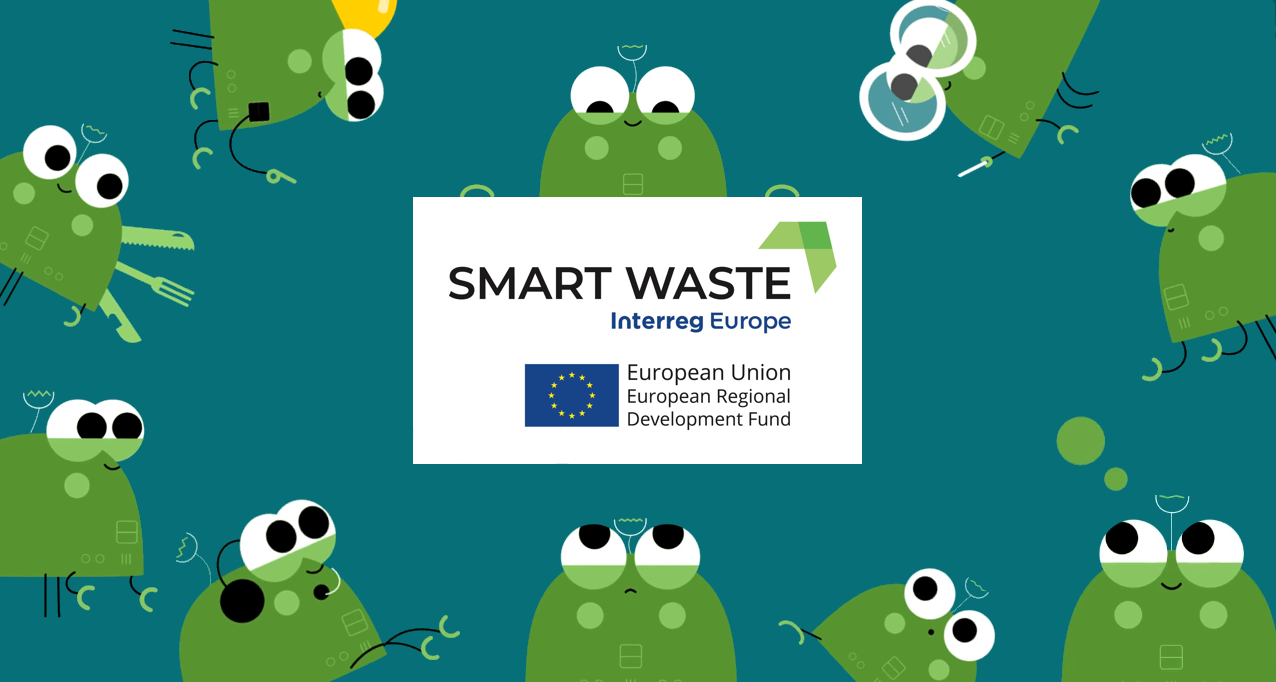While global consumption of materials such as biomass, fossil fuels, metals and minerals are expected to double by 2060 according to an OECD report, and 80% of product’s environmental impacts are determined at the design phase, the linear economy does not provide producers with sufficient incentives to make their products more circular.
In order to address this situation, the European Commission is working on its Sustainable Product Initiative (SPI) as one of the main deliverables of the New Circular Economy Action Plan. The core of this legislative initiative will be to widen the Ecodesign Directive beyond energy-related products so as to make the Ecodesign framework applicable to the broadest possible range of products and make it deliver on circularity. The proposal for a new Batteries’ regulation will pave the way to new product legislation since it is the first example of legislation which includes all the life-cycle impacts of a product. It presents a new approach regarding the environmental product performance such as carbon footprint, durability criteria, digital product passport, recycled content, unified requirements for producers or the restriction of hazardous substances.
The priority will be given to product groups identified in this NCEAP, such as: electronics, ICT and textiles but also furniture and high impact intermediary products such as steel, cement and chemicals. Further product groups will be identified based on their environmental impact and circularity potential.
To gather opinions and evidence from the public and relevant stakeholders on SPI, including its possible scope, objectives and the main policy options that should be considered for its implementation, the European Commission ran a public consultation that closed at the beginning of the month. It should now be analysing the contributions received and is expected to present a legislative proposal in the last quarter of 2021.
This is undoubtedly a topic to be followed in the coming months.
